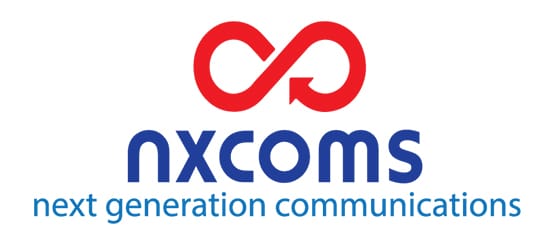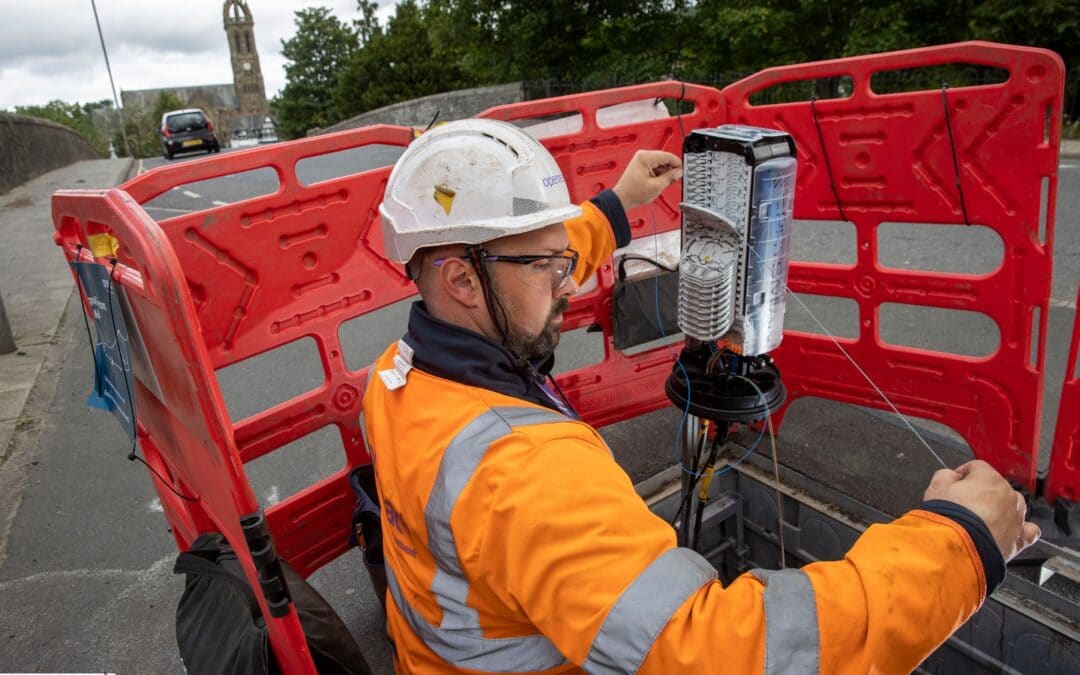Prepare for change
In the coming months and years, changes are happening in the world of telecoms to replace telephone lines as we know and love them.
This doesn’t mean we’re saying ‘see you later’ to your landline, but it does mean that traditional copper- based phone lines and broadband services are slowly being phased out, with a target for the full switch-off and replacement by 2025. In their place will be brand new fibre-optic cables, and although the target for the switch and replacement is a few years away, the changes are actually happening right now as you read this article.
For the sake of your business, it’s important you know what the changes are, and how they might affect your operations.
Hold the phones
You might not be aware of it – and you might not even care, to be honest – but up until now, your business has very likely used some kind of copper telephone line service (ISDN or Analogue PSTN) to make and receive calls. You’ve also likely relied on a copper-based broadband service to keep your operations alive and kicking online via ADSL or FTTC (often known as fibre broadband or superfast broadband).
The problem is, the use of copper is not the most reliable way to transmit data. The longer the cable, the worse the signal, for a start. In addition, if the copper comes into contact with heat or damp (welcome to the unpredictable great British weather),the more it suffers the risk of damage.
Makes a little more sense why you’ve likely spent times in the office swearing at the inexplicability of your slow-moving internet now, doesn’t it?
Listen up
Back in 2015, Openreach (in conjunction with those lovely folk at Ofcom) drew up a roadmap to transform this copper-based communication infrastructure and replace it with ultra-reliable and ultra- fast fibre-optic cable. Good news indeed, because if there is anything you want and need your internet to be, it’s fast and reliable.
In line with switching to fibre, many businesses have already started making some changes.
If that’s you – brilliant. If it’s not you – read on.
Make the call
Those who have been aware of the changes (every organisation should have an IT geek on the team) have begun their adaptation by moving their phone lines and internet access to new lP (Internet Protocol) based services. Voice over IP (VoIP) telephone systems are now becoming the standard way to communicate. Changing to a VoIP system will, as standard, increase the capability for your staff to work remotely and make and receive calls just as if they were in the office. Great news if there’s another lockdown (every cloud…).
If you make one call to better your business today, let it be to a provider who can set you up and start you off with VoIP. This is especially the case if you know that your phone line is more than 10 years old, just for info!
And what of the Internet?
Recently, Ofcom announced that 13.5 million homes and business premises (which has been the same thing for many of us since 2020) are now enabled for full fibre-optic broadband. But how do you know you’re ready to make this change right now? Most likely it will be because you have download speeds of 80Mbs or less. If you’re not sure this is the case, think about how long ago it was that you swore at your laptop.
The speed of download on offer with full fibre-optic cable can be up to 1Gbs – more than 10 times that of the old copper-based broadband services. More speed – more efficiency in your business.
Come away from the copper, people – and remember that it’s not just about your phones and computers. This stuff affects things like your card processing terminals, too. Why run the risk of losing out on somebody trying to pay you?
But seriously…
At nxcoms, we’re known for our approachability, and so we’ll often joke about the issues faced by businesses when it comes to their communications, but we’re professionals, too, so it’s only right that we give you the information you need. In this instance, if you’re sitting there and thinking you’ll make any required changes at some point in 2025 when you absolutely need to, please do think seriously about the reliability of additional services you may have, such a BT Redcare line for an alarm system or fire panel, or an emergency phone line that you may have installed somewhere such as in a lift.
An emergency really isn’t the time when you want to be finding out that your most fundamental of communication systems is not just ineffective, but a potential hazard, too.
What you need to do now
Much as we’d love to tell to sit back and relax whilst this all happens around you, that wouldn’t be the great advice we’ve come to be known for. If you haven’t already done so, put a plan in place to upgrade your phone system to VoIP. Worried about a disruption in service and the likelihood of losing your landline number in the process? Don’t be.
Good suppliers have been sorting this out for businesses for months and even years, now. Both service and existing numbers can be seamlessly transferred over for you.
The to do list doesn’t stop there. Next, check with your provider what kind of broadband line you currently have and ask whether an analogue PSTN line is required to run the service.
If this is the case, then it’s time to start thinking about a move to a full fibre-optic solution.
Wondering who to call when you need all of this sorting?
There’s a reason we wrote this article for you. Pick up the phone (if it works) and give us a call on 0161 711 1100 or email fibre@nxcoms.co.uk

